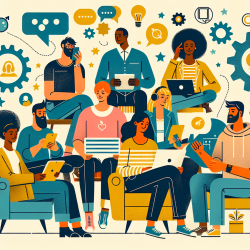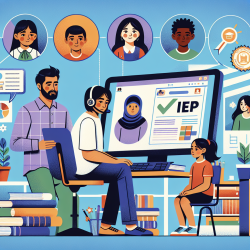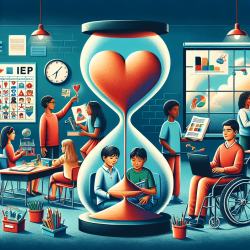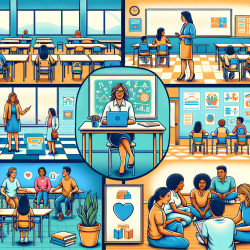Here are some key takeaways from the research and how they can be implemented in online therapy:
1. Co-Design with End Users
The research emphasizes the importance of involving end users—sexual and gender minority youth—in the design process. This ensures that the interventions are tailored to the unique needs of these groups. Practitioners should consider incorporating feedback from their clients to make therapy sessions more relevant and effective.
2. Focus on Priority Topics
The study identified three main areas of concern for sexual and gender minority youth:
- Coming out and doing so safely
- Managing school-related issues, including bullying
- Dealing with unsupportive family members
Addressing these topics in therapy sessions can help clients navigate their challenges more effectively.
3. Use Evidence-Based Techniques
Oneself employs several therapeutic concepts that can be integrated into online therapy:
- Cognitive restructuring to help clients reframe negative thoughts
- Problem-solving techniques to tackle daily challenges
- Relaxation exercises to manage stress
Incorporating these techniques can enhance the mental well-being of clients.
4. Provide Access to Resources
Oneself includes a section with links to other recommended support and resources. Online therapists can similarly provide clients with a list of useful resources and helplines, ensuring they have access to support outside of therapy sessions.
5. Emphasize Identity Affirmation
Affirming the identities of sexual and gender minority youth is crucial. The study found that positive messages and identity affirmation significantly contribute to mental well-being. Practitioners should ensure their therapy sessions are inclusive and affirming.
Encouraging Further Research
Practitioners should stay updated with the latest research to continually improve their skills. Engaging in further research can provide deeper insights into the needs of sexual and gender minority youth, leading to more effective interventions.
To read the original research paper, please follow this link: A Web-Based Intervention to Support the Mental Well-Being of Sexual and Gender Minority Young People: Mixed Methods Co-Design of Oneself.










